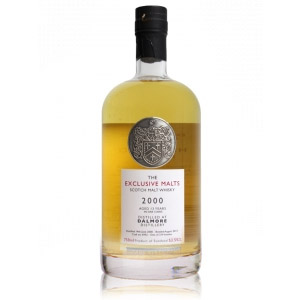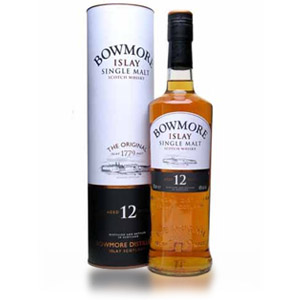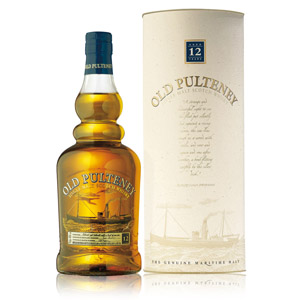
It has occurred to me that in my haste to spread the word about K&L’s Tuesday night whisky tastings in Redwood City, CA, I neglected my duty as a Scotch “Noob” to describe my education in Independent Bottlers. What is an independent bottler?
In short, whisky has not always been sold by the distillery which created it. In the hazy, distant past… or really, any time before the last few decades, whisky was distilled by a distillery, barreled, and sold. Often the buyers were wine and spirits shops intent on aging it, bottling it (with or without blending it with grain whisky) and selling the bottles with their own house label. Some of these “house blends” became popular and turned into large, international brands. Cutty Sark, The Famous Grouse, and Johnnie Walker come to mind. Sometimes, the shops came across splendid barrels of single malts which stood on their own. These barrels would be bottled without blending, labeled, and sold to whisky lovers who were interested in the more robust, individualistic flavors and aromas of the unblended singles. The market for these bottles was small, as most of the large-scale distribution of whisky had to do solely with blended products.
As awareness and interest in independently bottled single malts grew, the distilleries got into the game, becoming their own bottlers and developing marketing strategies around their own distillery brand names. The Glenfiddich, owned by William Grant & Sons, was among the first to do this, and William Grant is credited as the pioneer responsible for the current widespread trend in distillery-bottled single malt. In a way, distilleries have become independent bottlers of their own malts. Today, true independent bottlers remain in the market by providing customers a way to taste obscure, experimental, or now-defunct distilleries, as well as expertly aged and bottled single-cask expressions from familiar distilleries. The dizzying array of bottlers and the ephemeral nature of single casks make this a more difficult area of the market to understand, but there are many whisky bloggers on the net that specialize in tasting and rating these whiskies. In general, you can expect such bottlings to be ‘different’ than the standard distillery-labeled expressions, and the risk of a given bottle being inferior (as well as the possibility of finding something fantastic) is greater.
Personally, I avoid independent bottlers for two reasons. One, I’m not sufficiently experienced to sort out the gems from the hastily-bottled rejects. Two, there are still plenty of “official” distillery bottlings that I have yet to explore. The exception to this is when I come across something special in my price range, such as a 16 year-old Calvados-finished Highland Park from Alchemist (an independent bottler) that I picked up last week. I just could not pass up the opportunity to try a Calvados (French apply brandy) finish. Tasting notes for that will be forthcoming. 🙂
For more reading on independent bottlers, check this An exhaustive list of Independent Bottlers and then read way more information from Malt Madness on Independents.




